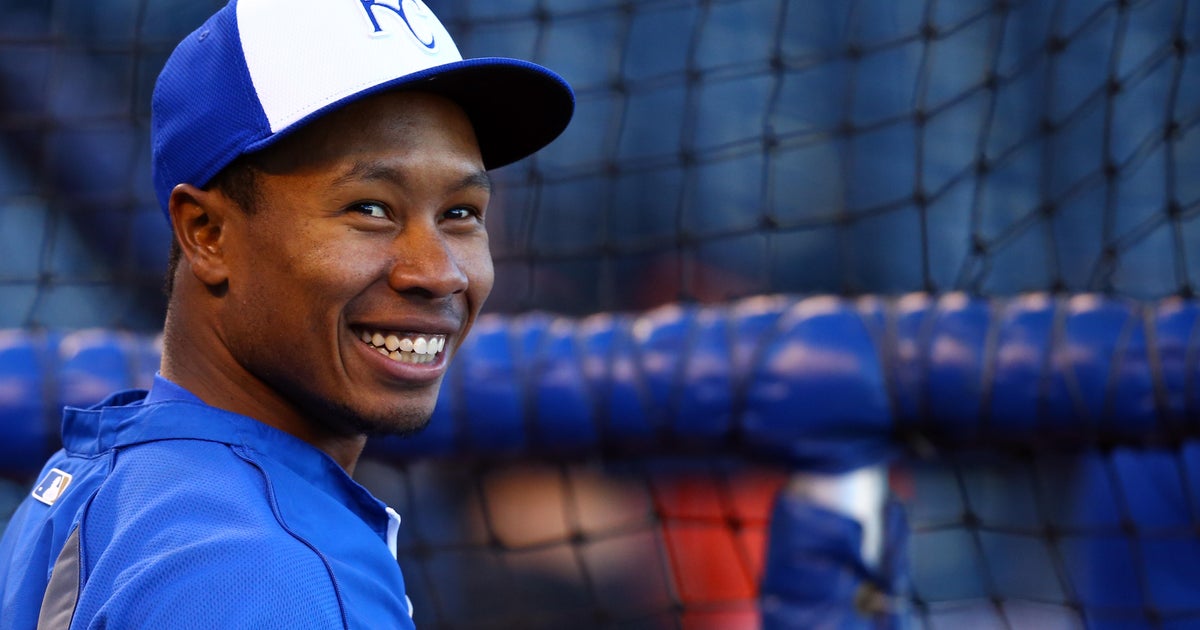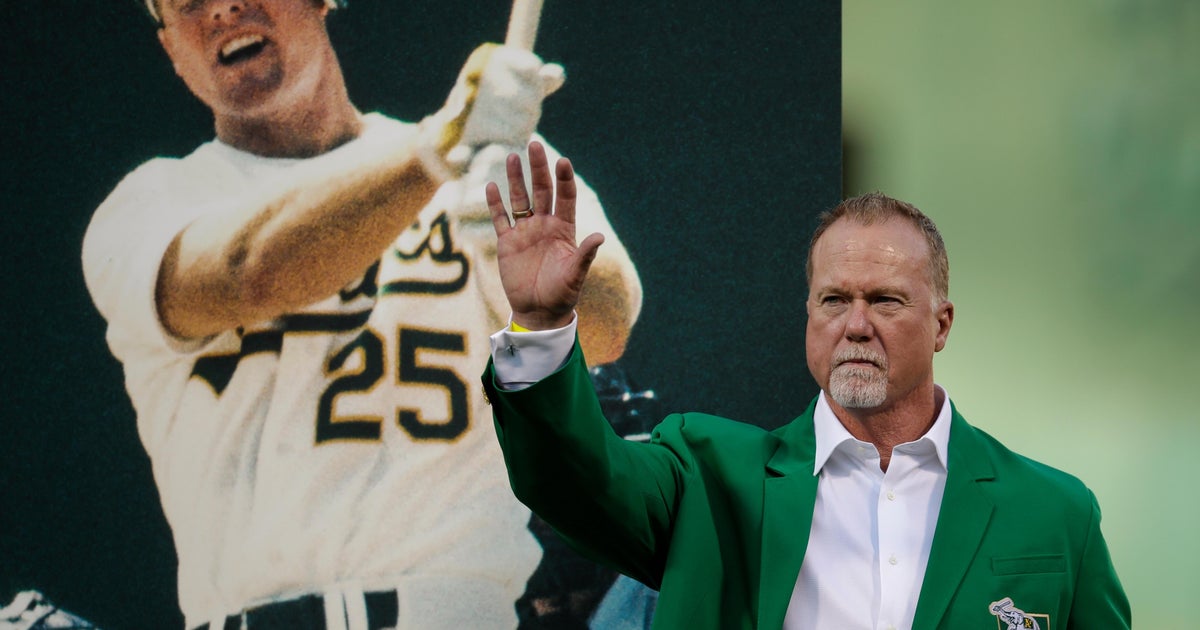Bernstein: Tinkering Around Edges Won't Solve Baseball's Pace 'Problem'
By Dan Bernstein--
CBSChicago.com senior columnist
(CBS) Pace of play in Major League Baseball has become the front for commissioner Rob Manfred's latest skirmish with the players. It's part of the larger war he has fought for years against them in both his current role and previous one as labor attorney.
He's rattling his saber now over potentially unilateral invocation of rules changes before 2018 to make changes he feels are necessary to speed up the game, and he's calling out the MLB Players Association for not cooperating with his agenda for this season. Elimination of the four-pitch intentional walk may be a start in Manfred's mind, a shaving of mere seconds off the length of the game. But he envisions more clocks and fewer mound visits and has even floated the ridiculous notion of making defensive shifting illegal.
There were some eyebrow-raising comments at his press conference Tuesday, too, as he pushed against the union for balking at ways to decrease downtime in games and create greater likelihoods of balls in play.
"I'm glad the players love the game the way it is," Manfred said. "We know, based on fundamental research, what our fans think of the game. It's in the players' interest and our interest to respond to what fans think of the game."
MLBPA head Tony Clark has argued that more people will accept and appreciate baseball as it is if they only understand it all better, just needing a primer on what's going on. But Manfred wasted no time in shooting that down, saying, "I reject the notion we can educate fans to embrace the game as currently being played."
That's a serious mission statement, one that heralds an era of active tinkering that may only alienate a loyal audience while doing little to cultivate a new one. The problem is that baseball is by its very nature a patient and methodical sport. It doesn't translate easily to ever-shortening attention spans no matter whether an intentional walk takes four actual pitches or just a signal from the dugout. Baseball is as much as anything else, as Cubs manager Joe Maddon likes to say, about the process.
Nothing Manfred does can replicate or accelerate the way baseball becomes important to fans both culturally and generationally, nor artificially retrofit it to a media landscape craving constant action.
Baseball is slow.
This is like trying to speed up fishing, eliminating "dead time" between the exciting moments when something is actually on the line. This is done in editing for television, of course, when we see lunkers splashing up water as the sun bounces all over the horizon. There's no sport in the overstocked trout pond off the highway.
Baseball highlights are similarly easy to consume after the fact, too, with all of the high-leverage situations strung together in Twitter videos or on national recap shows. Not that it really constitutes "watching" baseball, however, as much as interacting with it or being aware of it.
Manfred is treading into some precarious territory now, as he seems ready to invoke some collectively bargained executive power to circumvent the players and implement real changes that he believes fans want. Much of this will undermine the central philosophy of selective aggressiveness on which some of baseball's best teams are founded, creating unintended consequences that the many smart minds around the game will work to new competitive advantage.
What's of equal or greater concern is whether turning baseball against its nature will result eventually in something so unrecognizable that nobody wants to watch.
Dan Bernstein is a co-host of 670 The Score's "Bernstein and Goff Show" in afternoon drive. You can follow him on Twitter @dan_bernstein and read more of his columns here.







